|
The puppetry impulse is one of the most important art therapy impulses for the coming century. Why? Because with hand and string puppets something is possible that cannot be achieved in theater or in movies, namely that the spiritual and soul expressions of the players are completely in the service of the images that are created with the help of the puppets.
Fairy tales, plays and everyday scenes that are presented in this innocent fashion come to life in a way that allows the onlooker, especially the child, to take in the content consciously, without the overpowering soul impact of real theater drama. The spiritual image content appears in the foreground and the imaginative capacity receives rich nourishment while at the same time the constitution of the child is guarded from impressions that are too forceful and that would disturb the flow of images. The marionette play is, for adults, a conscious, and for children, an unconscious, education in imaginative vision, and therefore it is an activator of the highest order of the forces of self-healing. The marionette and puppet theater is on top of everything, the only effective alternative to television and the multi-media culture of our day. I want to hereby warmly speak out on behalf of the Goetheanum in support of encouraging a worldwide puppet theatre culture, and beg everyone that reads this to consider how they can financially and otherwise contribute to this goal. ~ Michaela Glöckler, M.D., Director, Medical Section, Anthroposophical Society in Rundbrief Michaeli 1999 no. 37
0 Comments
Cultivating Moral Imagination Through Puppetry ~Hosted by Ripples Puppetry of Olympia, Washington
"The human being produces concrete mental pictures from the sum of his ideas chiefly by means of the imagination. Therefore what the free spirit needs in order to realize his ideas, in order to be effective, is moral imagination. This is the source of the free spirit's action." ~ Rudolf Steiner, The Philosophy of Freedom Dear Friends of Puppetry! This gathering of puppeteers is meant to link to the East Coast puppetry conferences which have been led by Janene Ping and others. It has long been a dream of Janene’s to have West Coast gatherings alternating with East Coast gatherings. Janene has been working with us in imagining and planning the conference and will join us as a presenter and participant in the conference. I was fortunate to be able to attend last year’s conference in Hawthorne Valley. It was extremely inspiring and delightful! I am happy to be a part of the planning and hosting of our West Coast conference! Please contact me with questions or to let me know if you are interested in attending! Registration will open in February and the cost will be $425 (USD) for the 5 days. Please use the pre-registration form if you are interested in receiving updates and registration information as it becomes available. Presentations
Workshops
Performances
Please let us know if you or your group would like to bring a puppet show to share! (You will receive a discount on your conference fee for this!) ~ Marjorie Rehbach www.ripples.us Event Type: Children
Age Group(s): Children 3-6 years, Children grades 1-3 Date: 1/27/2017 Start Time: 10:30 AM End Time: 11:00 AM Description: Ripples Puppet Theatre presents a puppet show based on the Ukrainian folktale, "The Mitten". This charming story about animals sharing a home in a lost mitten is accompanied by live music and storytelling. Sponsored by the Friends of the Tumwater Timberland Library. Library: Tumwater Timberland Library Map to the Tumwater Library Monday January 09, 2017 (9 am - 12 noon)
Focus: The Middle Senses - Smell, Taste, Vision, Warmth Artistic Activity: Watercolor Painting Saturday January 14, 2017 (9 am - 12 noon) Wet Felted Pictures (with Patricia Namit) - Cost: $65 More info ... 2nd Saturdays from 9 am - 12 pm
Location: Ripples Studio, 7819 Normandy Street SE, Olympia, Washington Saturday January 14, 2017 Wet Felted Pictures (with Patricia Namit) - Cost: $65 Saturday February 11, 2017 Needle Felted Animals (with Patricia Namit) - Cost: $65 Saturday March 11, 2017 Needle Felted Nature Table Figures (with Patricia Namit) - Cost: $65 Saturday April 8, 2017 Needle Felted Tapestries (with Marjorie Rehbach) - Cost: $35 Saturday May 13, 2017 Finger Puppets - How to make and work with them (with Marjorie Rehbach) - Cost: $35 Registration and contact info A Monthly Workshop Series on Sensory Development and Waldorf Education John Singer Sargent (1856 - 1925): Carnation, Lily, Lily, Rose Marjorie Rehbach, long time Waldorf teacher, parent and administrator, is offering a series of monthly workshops to enrich our understanding of how our senses develop and play a vital part in how we feel settled within ourselves and with the world.
Over one hundred years ago, Rudolf Steiner, founder of Waldorf Education, gave lectures on an expanded picture of human senses based not on the usual 5 that we have heard about, but of 12! He called this Anthroposophy, chapter 1. In addition to touch, sight, taste, smell and hearing, scientists today are also carefully adding proprioception (movement) and vestibular (balance) to our evolving list of senses. (Some even add humor!) This is a vast field for study and enrichment as well as support for parents, teachers and any individual interested in the anthroposophical view of human development and Waldorf education. Each session will involve a presentation, conversation and artistic activities to support our understanding of what we are studying. Artistic work will include: clay modeling, movement, singing, speech and puppetry, painting, drawing and writing. Dates and Times: Monday November 21, 2016 (9 am - 12 noon) Monday December 12, 2016 (9 am - 12 noon) Monday January 09, 2017 (9 am - 12 noon) Focus: The Middle Senses - Smell, Taste, Vision, Warmth Artistic Activity: Watercolor Painting Monday February 13, 2017 (9 am - 12 noon) Focus: The Middle Senses - Smell, Taste, Vision, Warmth Artistic Activity: Drawing and Cooking Monday March 13, 2017 (9 am - 12 noon) Focus: The Higher Senses - Hearing, Speech, Though, Ego Artistic Activity: Singing and Music Monday April 10, 2017 (9 am - 12 noon) Focus: The Higher Senses - Hearing, Speech, Though, Ego Artistic Activity: Listening and Games, Puppets Monday May 08, 2017 (9 am - 12 noon) Focus: All 12 and Higher Senses - Hearing, Speech, Though, Ego Artistic Activity: Speech and Storytelling Location: 7819 Normandy St. SE., Olympia Suggested Donation: $35/session or barter Please contact me if interested: Marjorie Rehbach mrehbach@gmail.com 575-779-6483 www.ripples.us 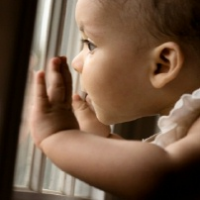 Magda Gerber extolled the power of a single word that is fundamental to her child care philosophy. This word reflects a core belief in a baby’s natural abilities, respects his unique developmental timetable, fulfills his need to experience mastery, be a creative problem solver and to express feelings (even those that are hard for us to witness). The word is a simple, practical tool for understanding babies, providing love, attention and trust for humans of all ages. The word is wait. And here’s how it works… 1. Wait for development of an infant or toddler’s motor skills, toilet learning, language and other preschool learning skills. Notice a child’s satisfaction, comfort and self-pride when he is able to show you what he is ready to do, rather than the other way around. As Magda Gerber often said, “readiness is when they do it.” Ready babies do it better (Hmmm… a bumper sticker?), and they own their achievement completely, relish it, and build self-confidence to last a lifetime. 2. Wait before interrupting and give babies the opportunity to continue what they are doing, learn more about what interests them, develop longer attention spans and become independent self-learners. When we wait while a newborn gazes at the ceiling and allow him to continue his train of thought, he is encouraged not only to keep thinking, but to keep trusting his instincts. Refraining from interrupting whenever possible gives our child the message that we value his chosen activities (and therefore him). 3. Wait for problem solving and allow a child the resilience-building struggle and frustration that usually precedes accomplishment. Wait to see first what a child is capable of doing on his own. When a baby is struggling to roll from back to tummy, try comforting with gentle words of encouragement before intervening and interrupting his process. Then if frustration mounts, pick him up and give him a break rather than turning him over and ‘fixing’ him. This encourages our baby to try, try again and eventually succeed, rather than believe himself incapable and expect others to do it for him. This holds true for the development of motor skills, struggles with toys, puzzles and equipment, even self-soothing abilities like finding his thumb rather than giving him a pacifier. (For more examples of the value of waiting for children to solve problems, please read A Jar Not Opened and A The Powerful Gift of “I Did It”.) 4. Wait for discovery rather than showing a child her new toy and how it works. When you teach a child something, you take away forever his chance of discovering it for himself. –Jean Piaget 5. Wait and observe to see what the child is really doing before jumping to conclusions. A baby reaching towards a toy might be satisfied to be stretching his arm and fingers, not expecting to accomplish a task. A toddler looking through a sliding glass door might be practicing standing or enjoying the view and not necessarily eager to go outside. 6. Wait for conflict resolution and give babies the opportunity to solve problems with their peers, which they usually do quite readily if we can remain calm and patient. And what may look like conflict to an adult is often just “playing together” through an infant or toddler’s eyes. 7. Wait for readiness before introducing new activities and children can be active participants, embrace experiences more eagerly and confidently, comprehend and learn far more. It’s hard to wait to share our own exciting childhood experiences (like shows, theme parks or dance classes) with our children, but sooner is almost never better, and our patience always pays off. (I explain this in much more detail in Toddler Readiness – The Beauty of Waiting and Please Don’t Take The Babies.) 8. Wait for a better understanding of what babies need when they cry. When we follow the impulse most of us have to quell our children’s tears as quickly as possible, we can end up projecting and assuming needs rather than truly understanding what our child is communicating. This is the basis of my argument in Attachment Parenting Debate – For Crying Out Loud and the realization shared by a parent in A Toddler’s Need To Cry (One Parent’s Lesson). 9. Wait for feelings to be expressed so that our children can fully process them. Our child’s cries can stir up our own deeply suppressed emotions; make us impatient, annoyed, uneasy, and even angry or fearful. But children need our non-judgmental acceptance of their feelings and our encouragement to allow them to run their course. 10. Wait for ideas from children before offering suggestions of our own. This encourages them to be patient thinkers and brainstormers. Countless times I’ve experienced the miracle of waiting before giving my brilliant two cents while children play, or providing play ideas when children seem bored. Biting my tongue for a few minutes, maybe saying some encouraging words to a toddler like, “It’s hard to know what to do sometimes, but you are creative, I know you’ll think of something” is usually all that it takes for the child to come up with an idea. And it’s bound to be more imaginative, interesting and appropriate than anything I could have thought of. Best of all, the child receives spectacular affirmations: 1) I am a creative thinker and problem solver; 2) I can bear discomfort, struggle and frustration; 3) Boredom is just the time and space between ideas… (And sometimes, the wellspring of genius.) Instincts may tell us that waiting is uncaring, unhelpful and confidence-shaking — until the results are proven to us. Sitting back patiently and observing often feels counterintuitive, so even if we know and appreciate the magic that can happen when we “wait”, it usually involves a conscious effort. But it’s worth it. Do you find it challenging to wait? Do you have a magic word of your own? No need to wait to share your thoughts… (I share more in my book: Elevating Child Care: A Guide to Respectful Parenting) |
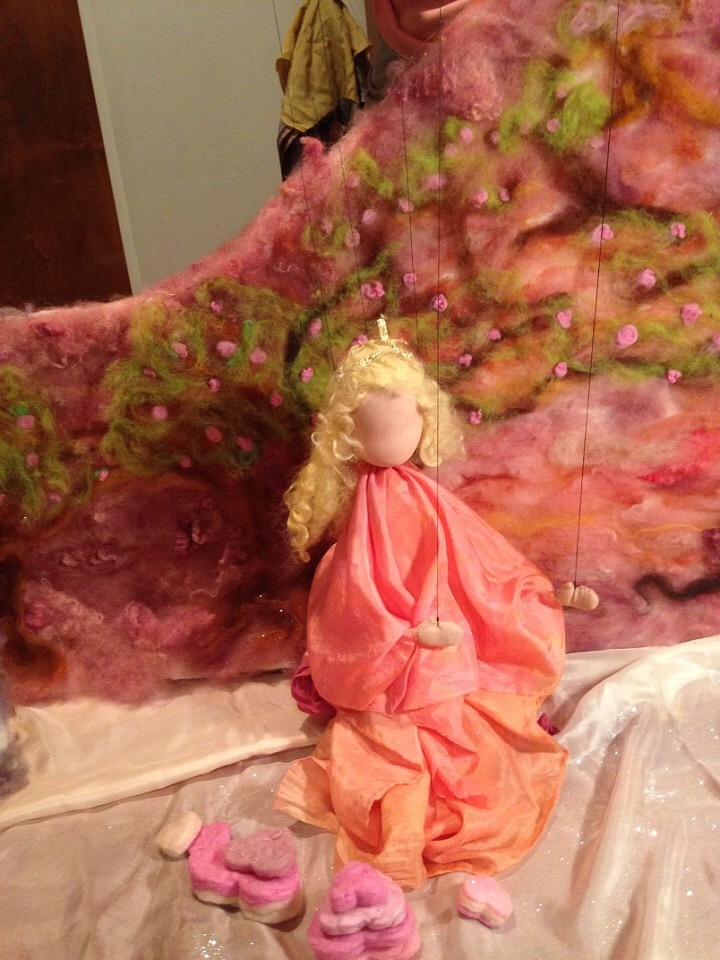
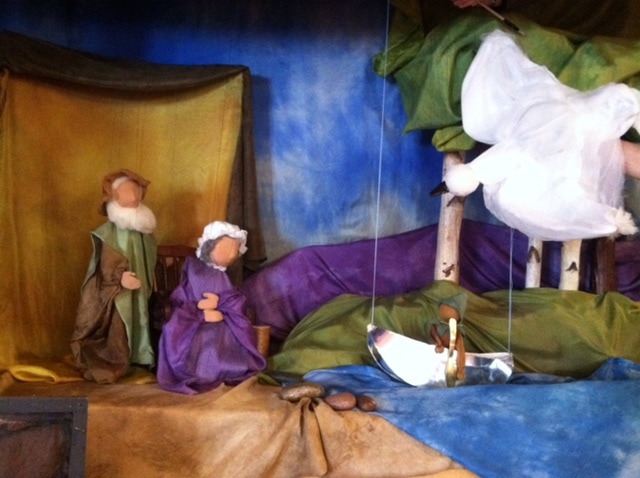
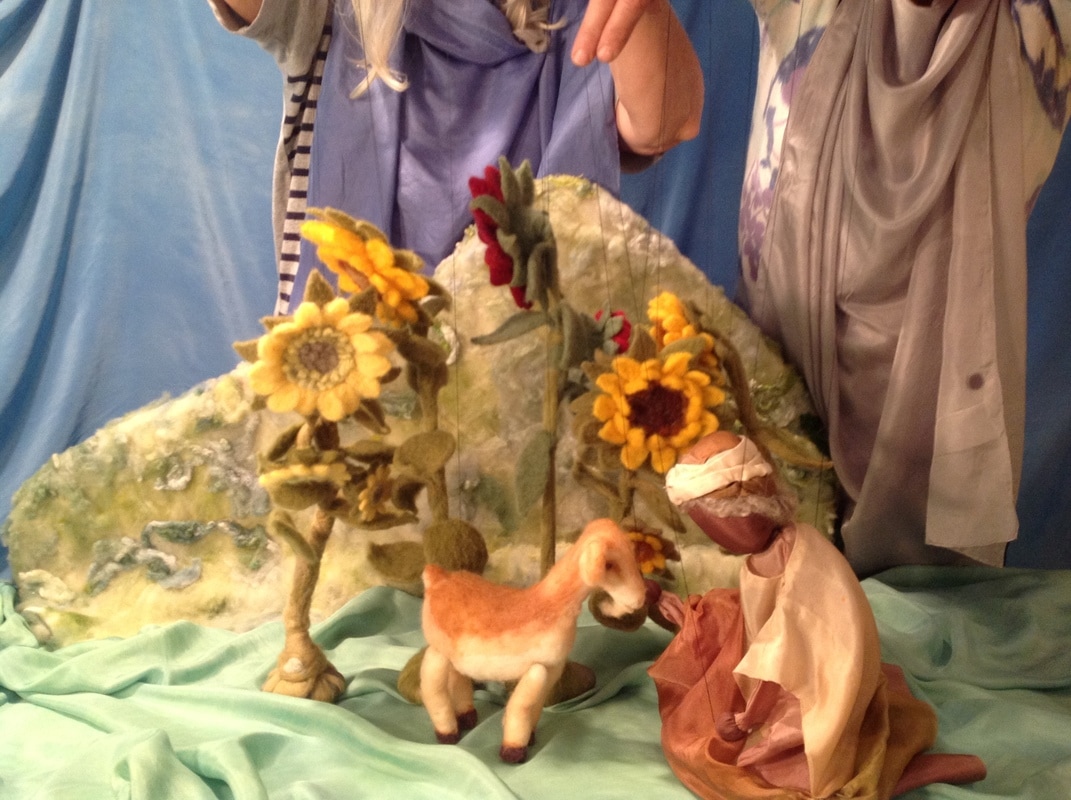
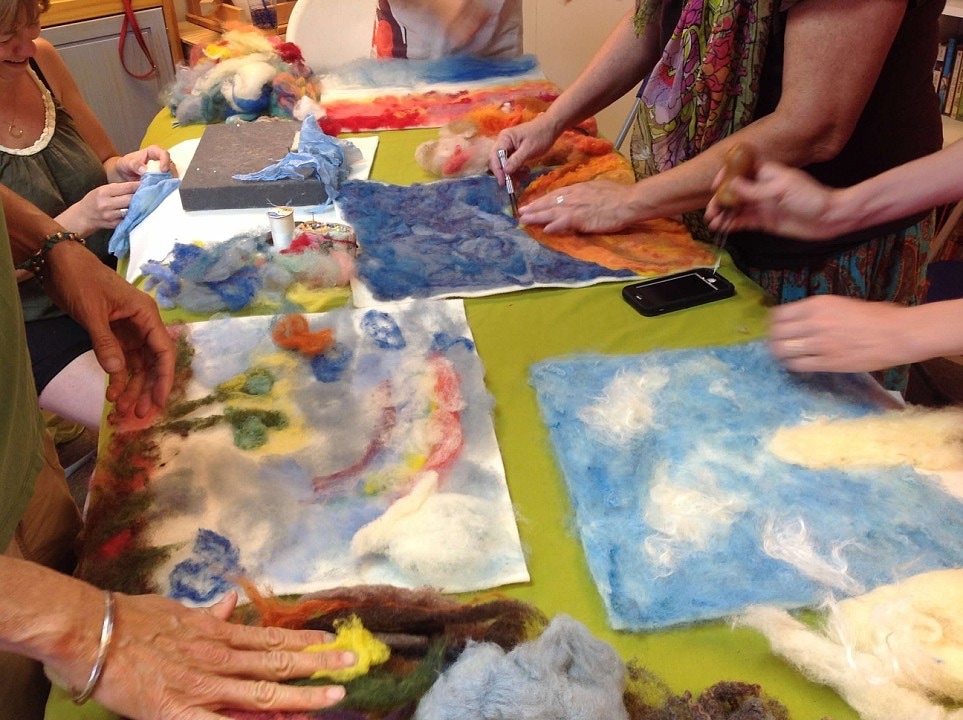
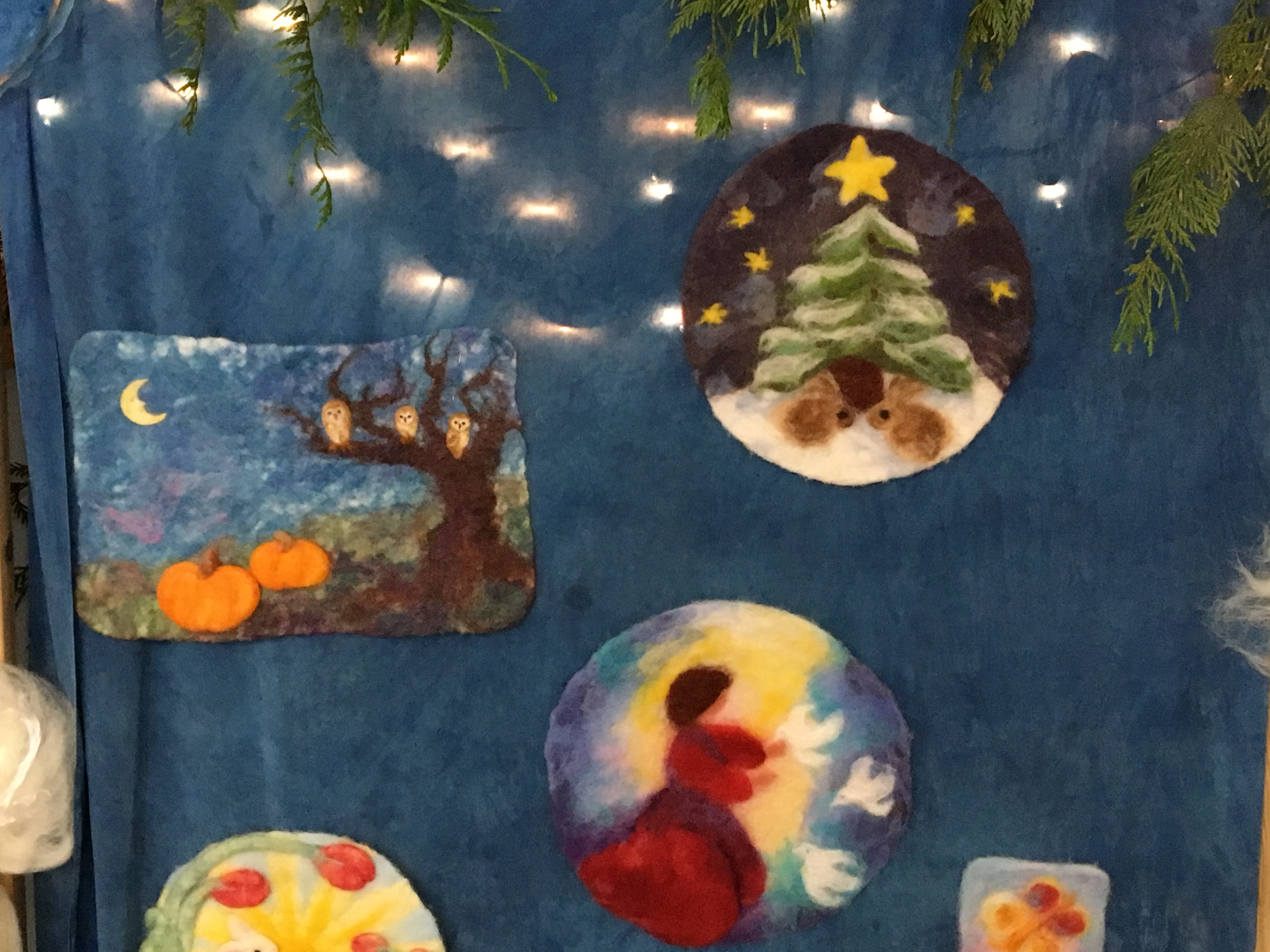
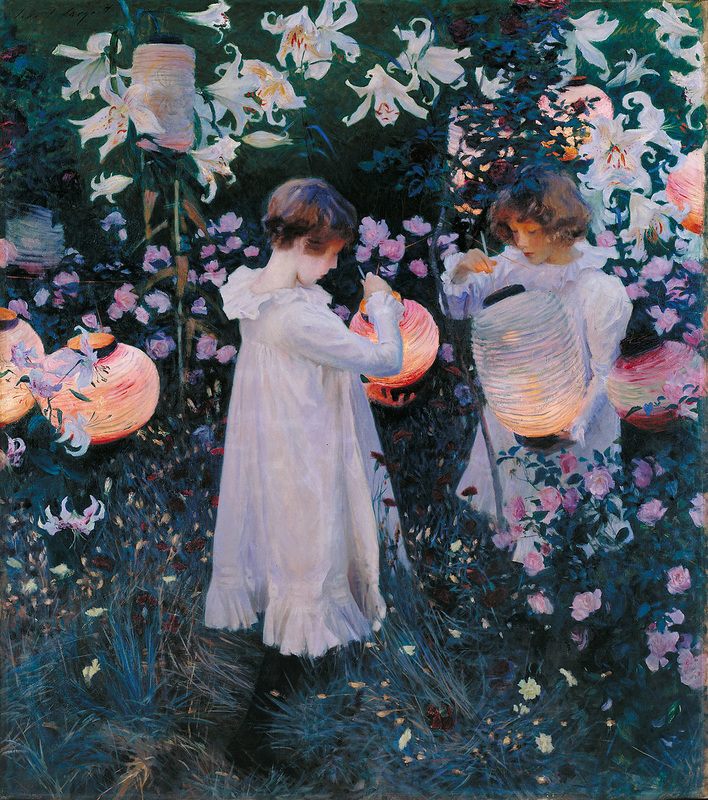
 RSS Feed
RSS Feed